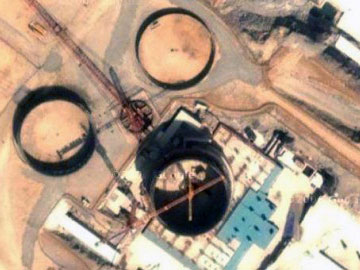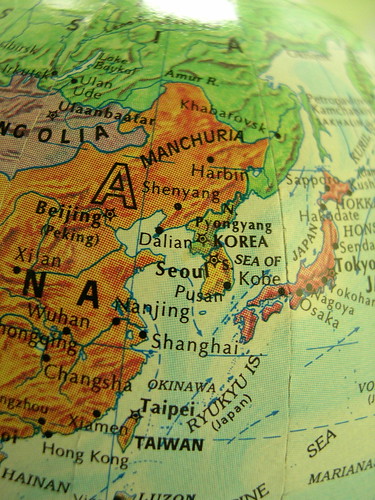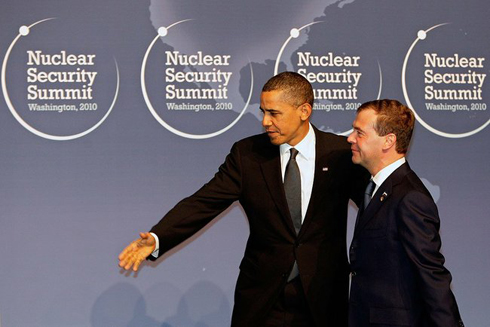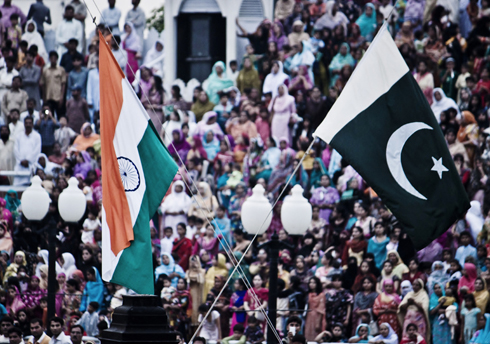
BERLIN – The world’s task in addressing North Korea’s saber rattling is made no easier by the fact that it confronts an impoverished and effectively defeated country. On the contrary, it is in such circumstances that calm foresight is most necessary.
The genius of the Habsburg Empire’s Prince Klemens von Metternich in framing a new international order after the Napoleonic Wars was that he did not push a defeated France into a corner. Although Metternich sought to deter any possible French resurgence, he restored France’s prewar frontiers.




